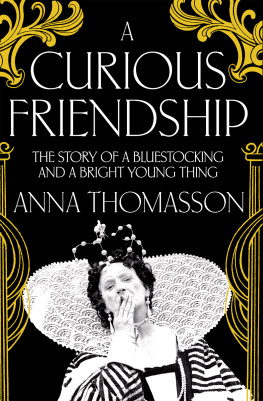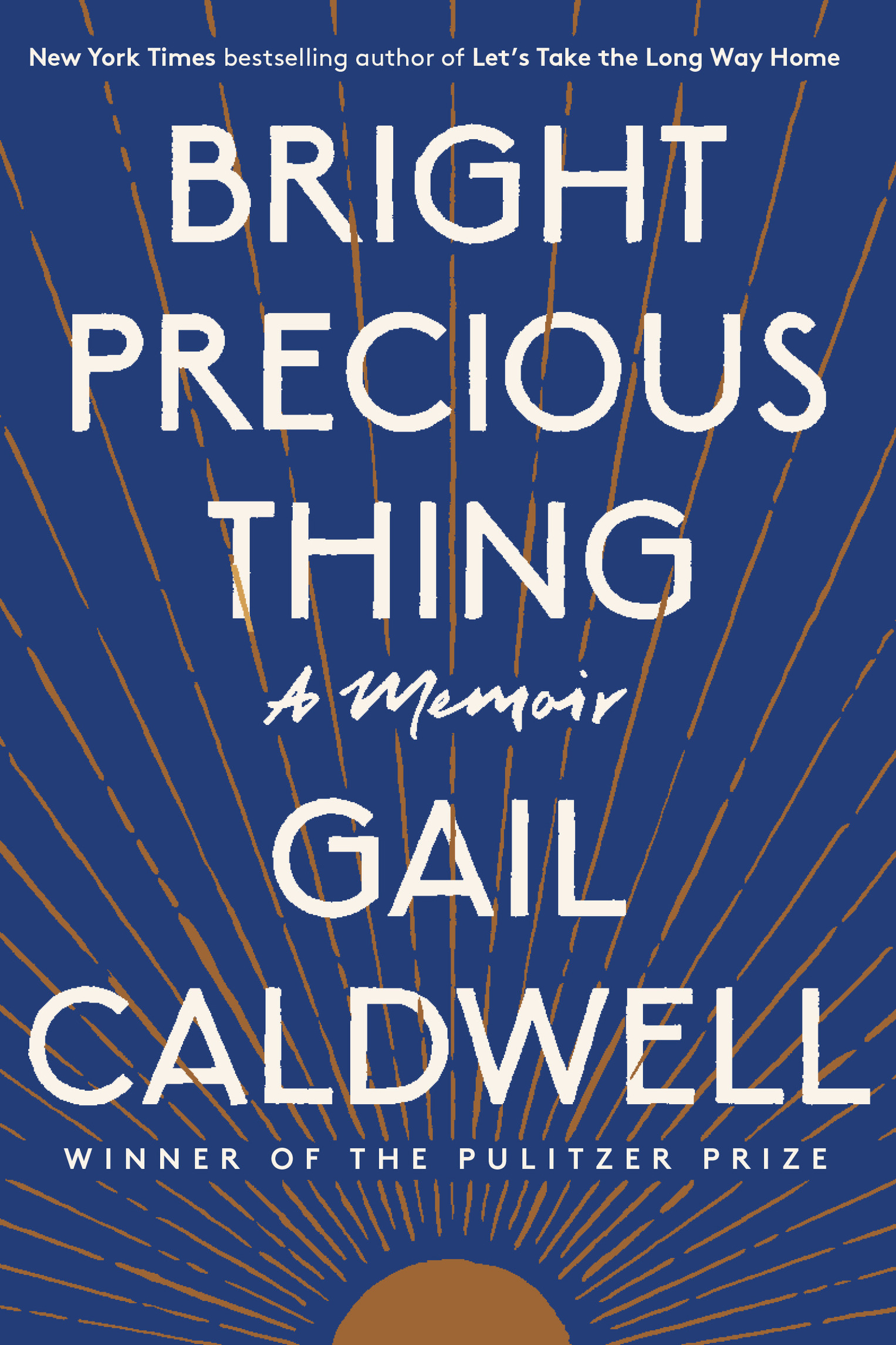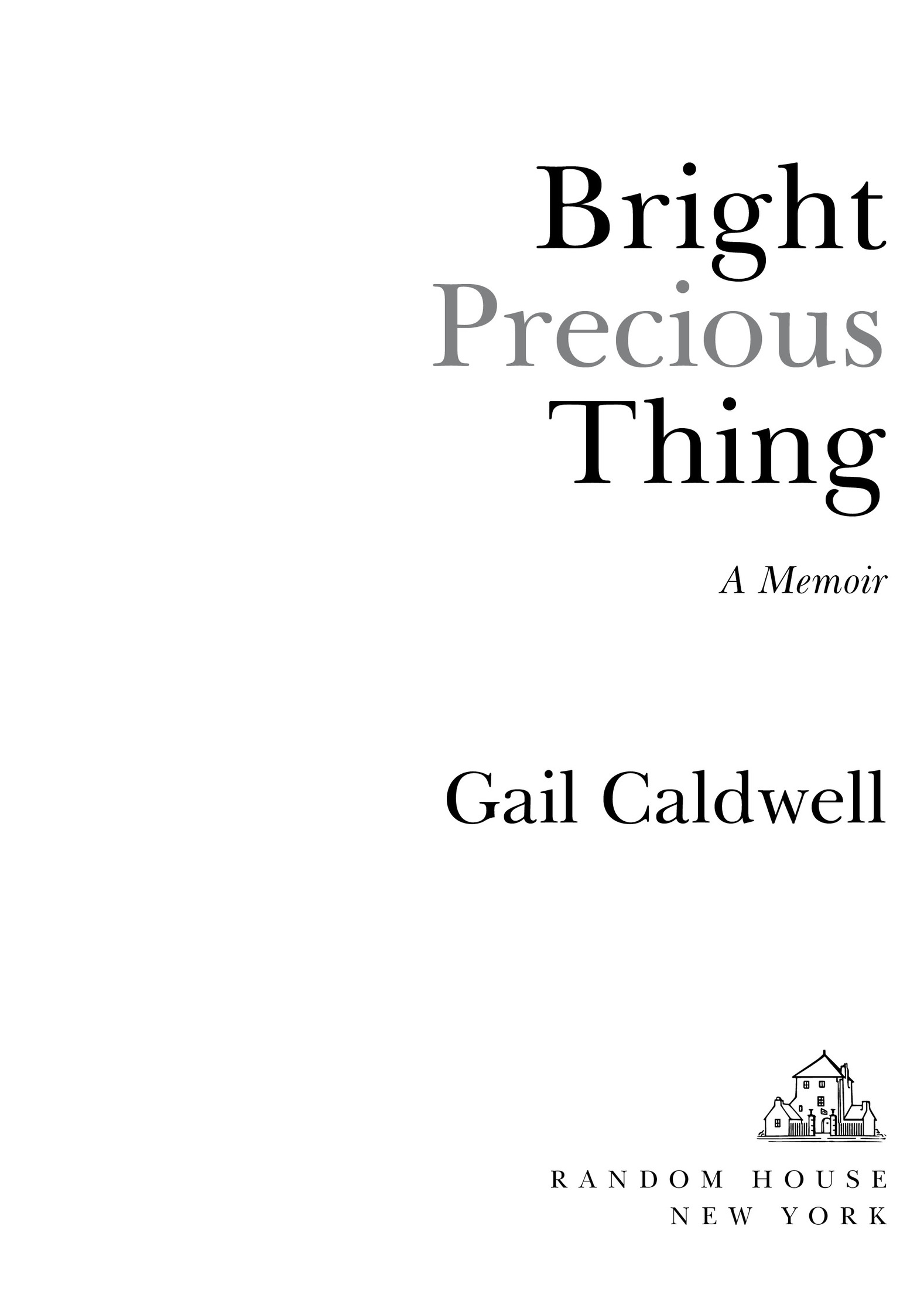All rights reserved.
Published in the United States by Random House, an imprint and division of Penguin Random House LLC, New York.
R ANDOM H OUSE and the H OUSE colophon are registered trademarks of Penguin Random House LLC.
Names: Caldwell, Gail, author.
Title: Bright precious thing: a memoir / Gail Caldwell.
Description: New York: Random House, 2020.
Identifiers: LCCN 2019026880 (print) | LCCN 2019026881 (ebook) | ISBN 9780525510055 (hardcover) | ISBN 9780525510062 (ebook)
Subjects: LCSH: Caldwell, Gail | JournalistsUnited StatesBiography. | CriticsUnited StatesBiography.
Classification: LCC PN4874.C2187 A3 2020 (print) | LCC PN4874.C2187 (ebook) | DDC 070.92 [B]dc23
The great revelation perhaps never did come. Instead there were little daily miracles, illuminations, matches struck unexpectedly in the dark; here was one.
1
Cambridge, 2015
My Samoyed is looking out the glass storm door to the street when I see her ears go back with pleasure. Tyler walks in and crouches down to nuzzle the dog, who outweighs her by about fifteen pounds, and then announces herself with the usual certainty, as though shes on a tight schedule and has been gone only a few minutes. We had early release, she tells me, so I was able to get here on time. Tyler is five, and lives two doors away, and passes my house on her way to the neighborhood park. She has the countenance of a small superhero. When she was three she became enamored with Tula, a fluffy white creature who shares her affection, and now we are an essential stop on the trail of Tylers day. I make it a point to stock up on the dark chocolate wafers she likes. When she leaves town for a week on family vacation, my house feels as quiet as a cinder block. Then the door flies open one morning and I hear her shout: Im back!
Today were lying on the back porch and planning what to do if we are marooned on a desert islandwhat we will choose to take. We can each have three items. Tyler decides that she will take a rope, a boat (which is broken, or why would she be there?), and a knife. For food she will take two Popsicles, an ice cream bar, and Jell-O.
Ignoring the fact that she has doubled her allotment, I suggest that she toss in a roast chicken and some milk. She agrees, knowing the milk, as she tells me, will make her strong until her mother arrives. Her rope will be blue, will be 250,000-plus-infinity miles long. That way, if her mother is late, the rope can be thrown wide, and reach land on the other side of the ocean.
I marvel that she has any idea what infinity is, though this is a mutual learning society: She reminds me of the innocence of forward motion, and I try to give her a palette for all that hope. I tell her a story about a surfer girl, lost at sea, who was hungry and alone. Then she remembered her mothers teaching her the constellations as a means of navigation. If she held up her fingers to the sky, she could use the celestial map to fix her position in space, and chart her way back to land.
Everything you need to know is in the sky, I tell Tyler, and we look up through our fingers, content in that zone of serenity that children can elicit. I dont tell her that I learned the story about the surfer girl from Hawaii Five-0, or that the girls mother was long dead, and that the girl was actually a woman cop who was hallucinating and dehydrated and nearly died at sea. Tyler will get to tragedy soon enough. For now the lost girls can have all the ice cream they want, and mothers who are on their way, and their journeys only have to be as far as a couple of houses down.
Around the time Tyler first appeared at my door, I was starting a book about growing up female in Texas, and about the profound influence that feminismthe womens movement of the 1970shad on my life. I came of age in the Panhandle, a stronghold of Protestant churches and Republican politics where the sky goes on forever. I left for college in 1968: The year that Martin Luther King, Jr., and Bobby Kennedy were shot and Nixon was elected. The year of My Lai and the Tet Offensive. Student protestors at Columbia shut the place down; women stormed the stage at the Miss America pageant. It was one of the most tumultuous and exalted times in modern history, and I was seventeen and felt like Id been shot out of a cannon. Within a few years I went from being a bookish girl with a head for numbers to an anti-war protestor and young feminist with a wet bandanna in my back pocket, to shield my face from tear gas.
Thats some expedition for a kid who spent her days reading at the town library and playing jacks with her sister. And its light-years from the world of the brown girl daydreaming on my porch in Cambridge a half century laterwho by age five was quoting lines and singing lyrics from Hamilton. Are you an immigrant? Tyler asked me one day, conflating Texas with some place weird and far away. And then, in the words of Lin-Manuel Miranda, Because immigrants, we get the job done.
I realized pretty quickly that this story belonged to us both.
Part of what sent me back to my salad days was a quest to set the record straight. In the decades since I wandered into my first womens liberation rally on the University of Texas campus, in the early 1970s, feminism had morphed into a dirty word in the lexicon. Im not a feminist, but The phrase baffled and irritated me. Oversimplified and sometimes demonized, the idea of feminismat least the old-school, second-wave versionhad come to suggest liberal white privilege, where the victories had been in the boardroom instead of the streets. And young women who were realizing triumphs of the movement were now in danger of disparaging or forgetting it altogether.
That an alliance with feminism came with a qualifier was a shock to me. The feminism that I knew was not bourgeois, exclusive, or, God forbid, boring. It was radical and often joyful and it quite possibly saved my life. The seismic encounters of adolescence had changed me from a levelheaded introvert to a wild girl and a cliff diver, ill-equipped to withstand the onslaught of sex, drugs, and rock and roll that defined my generation. The traditional paths of marriage and motherhood seemed lethal in a whole other way. The womens movement delivered me from both fates. It offered a scaffolding of sanity and self-respect, a way to get a grip on everything that was scary about life. And in those days, when the blueprint for adulthood was being questioned daily or even set on fire, life could be scary indeed.
I started writing a reflection of that time, a personal story that began with a half-lost, frightened college girl on her way to class in Texas. In two different cities I read aloud a portion of the chapter, and during the first reading I was startled to see young women in the audience in tears. Maybe I had touched a known pain. Later that year at a teaching weekend, I talked to and read the work of women who were under thirty, many of whom knew a whole different kind of trouble, and I recognized something else in their voicesraw but also angry and determined. This time when I read the piece, the reaction was not tears but nods and half-raised fists. So I went home and kept writing. They had touched something in me, too.

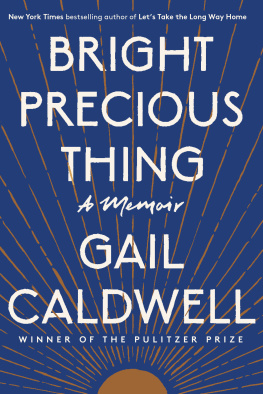

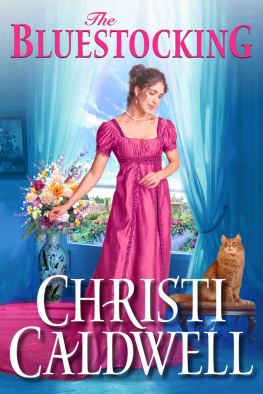
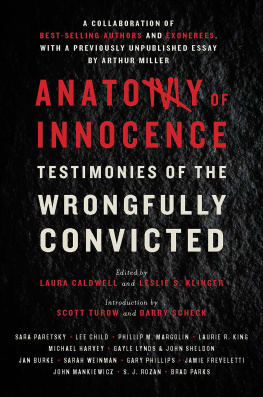
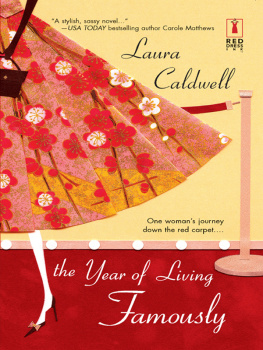
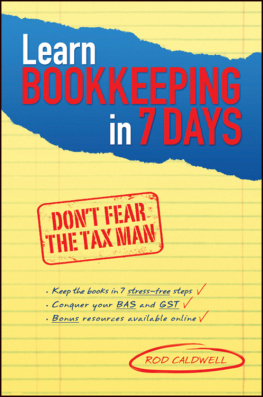
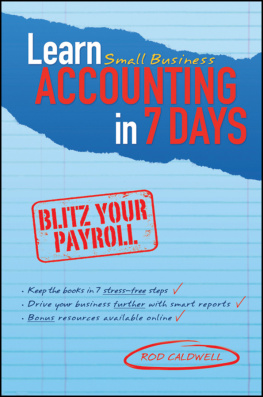
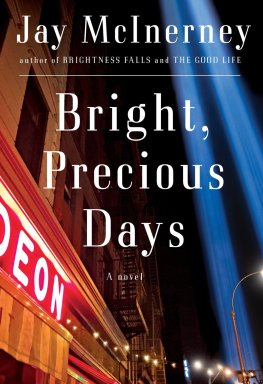
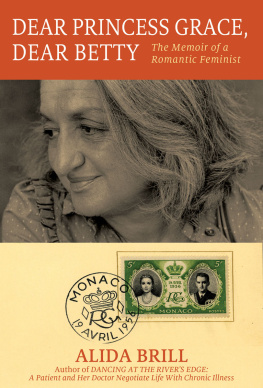
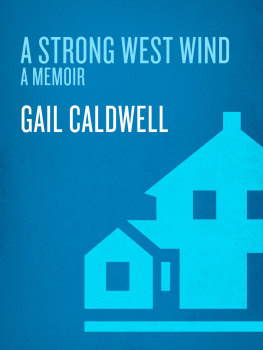

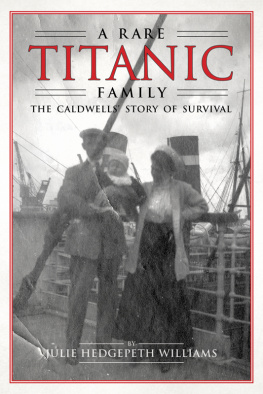
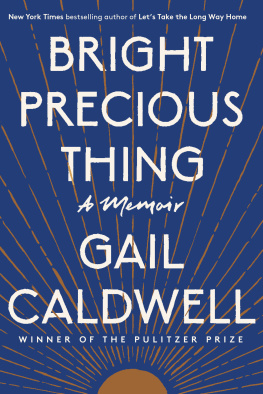
![Chloe Caldwell [Chloe Caldwell] - Women](/uploads/posts/book/114454/thumbs/chloe-caldwell-chloe-caldwell-women.jpg)
